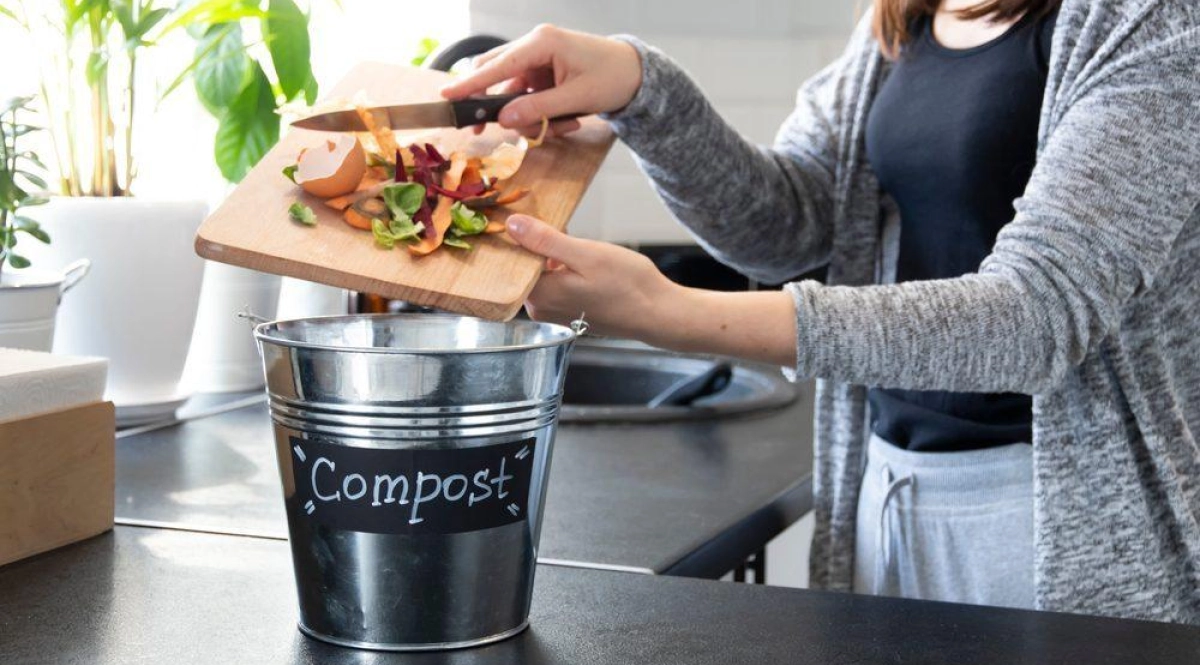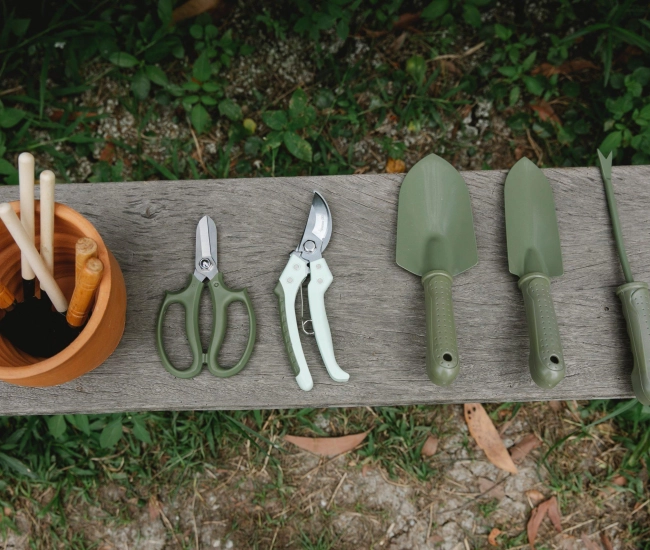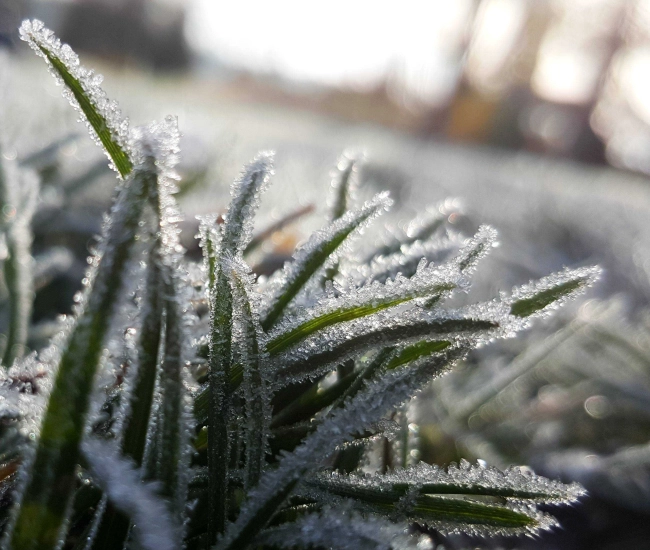
You have embarked on home composting, and with the arrival of winter, you are wondering if you can continue to add items to your compost bin. The answer is yes, but. It is well known that heat is responsible for composting food and other materials, but just because it's cold doesn't mean microbial life comes to a complete halt. Certainly, decomposition will occur more slowly, and you need to adapt your habits, but composting in winter is entirely possible.
What to do and not do with your compost in winter
Should you turn the compost during the winter?
Aeration is an important element in the decomposition process, but in winter, it is not necessary to turn or mix your compost. It will most likely be frozen anyway. It is in the spring, when milder temperatures return, that it will be important to resume the routine of turning the compost. In the meantime, if you want to speed up the process, cut your materials into small pieces before putting them in the bin.
Should you continue to add brown materials to the compost in winter?
Compost is composed of two types of materials, green waste and brown waste. Green materials: fruits and vegetables, plants, eggshells, and coffee grounds are rich in nitrogen; while brown materials: branches, hay, straw, and dead leaves are rich in carbon. When you add a layer of green, you must also add a layer of brown, both in summer and winter. So make sure to keep brown materials (a few bags of fallen leaves from the fall, for example) to feed your compost during the winter, as brown materials can become a bit scarcer.
Should you protect your compost in winter?
Since snow, ice, and cold may not mix well with your compost, it is better to winterize it to avoid problems. If you can, move it to a sunny spot, ideally near the house (more to make your life easier than for the compost itself) and cover it with a plastic sheet. This way, you will better control the heat and moisture for optimal decomposition. You can also insulate your bin with dead leaves or straw to maintain better heat, as much as possible considering the harshness of our winters.
What to do in case of odors coming from the compost?
As the decomposition process is slowed during the winter months, it may happen that if a thaw occurs, your waste thaws, bringing an unpleasant odor. While waiting for the return of the cold or the resumption of microbial activity as we know it, add a layer of dead material, such as soil, over your compost pile. The odors should dissipate quickly.
Composting significantly reduces the amount of waste sent to landfills. Moreover, compost feeds your plants (vegetable garden, flowerbeds, and lawn) without additional costs. To learn all about home composting, read our article on the subject:

Tips and advice



